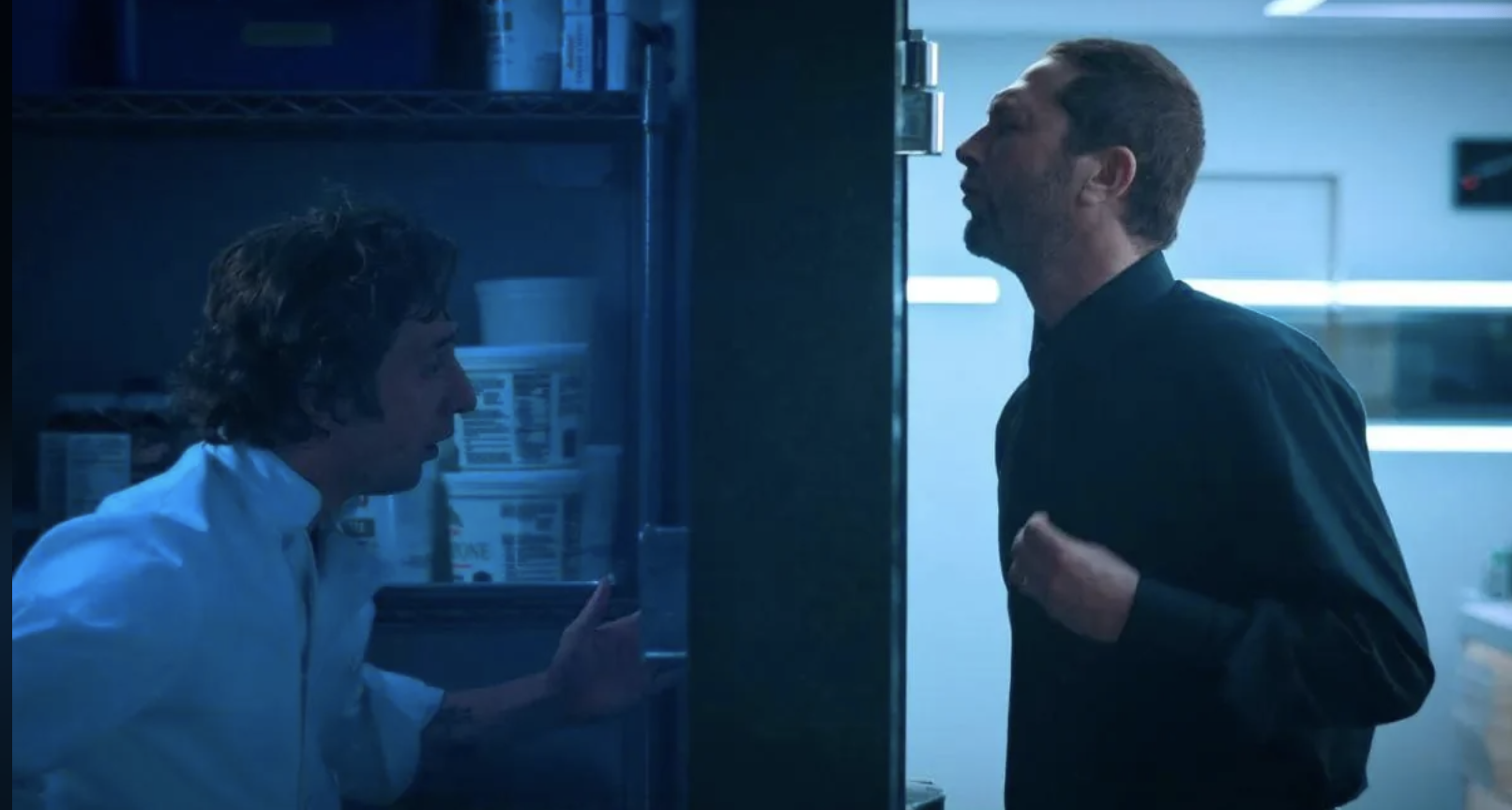How to be Better at Conflict than the Characters on The Bear
The Emmys are this Sunday night. Our family’s favorite show of the year, The Bear, is nominated for 23 Emmys, the most nominations ever received in the comedy category. That The Bear isn’t really a comedy doesn’t seem to bother the folks at the Emmys. The Bear is an intense workplace drama that is really about purpose, redemption, and family—the kind we’re born into, and the kind we make.
I love this show with a passion. And also, it exhausts me.
Why? (Mild spoilers here—skip ahead 1 paragraph if you haven’t seen season 1.) Because at every point when the characters could choose to de-escalate, they amp it up instead. Over the course of seasons 1 and 2, Syd is mad at Richie and calls him a loser and a waste of space. Carmy and Richie fight through a freezer door, trading insults. Mikey throws forks at Uncle Lee; Uncle Lee retaliates with accusations. Donna smokes another cigarette then drives the car through the dining room.
The Bear is extreme. Our normal exchanges at work don’t come with the pressure of the soundtrack or the family trauma the characters contend with (and most of us don’t work in high intensity kitchens, either). But we still escalate instead of looking for a more productive alternative.
We need to be better at conflict than the characters on The Bear. Most of us usually avoid the name calling and yelling, but we miss the question asking and empathy that leads to more productive results.
Here’s an example:
Carl: We were late in shipping to your client again today.
Megan: Why can’t your team understand that “deadline” is when the work is
supposed to be done—not when you start it?
Carl: Maybe if your team gave us a reasonable lead time!
Megan, like the characters on The Bear, would have a much more productive conversation if she responded with an authentic question rather than a snappy comeback. What does your team need to increase our on-time shipping rate? How could we reduce our backlog?
Escalating the conversation needlessly happens, even when we aren’t arguing with our colleagues. Imagine you’re part of an organization who has a new CEO, and her strategy for the organization isn’t yet clear.
Carrie: I have no idea whether we’re supposed to go forward with the original plan, or if we need to do things differently.
Tony: I know, and if we are going forward, the contracts need to be signed next week.
Carrie: If we fall behind, our team is going to look like we were slacking.
Tony: But if we move forward, we might end up doing a lot of work needlessly.
Carrie: And then have to scramble to catch up with the new plan.
Tony: I’m worn out just thinking about it.
Carrie: I cannot risk losing this job.
Carrie and Tony escalate the conversation at each point, leading to a sense of helplessness. But either one could change the situation next, by asking a question that turns tension into curiosity. Productive questions might be:
What is the longest we can delay making a decision without threatening the future of our work?
What do we need to know to make an informed decision, and how could we get that information?
What information do we need to communicate to the CEO, so she could make a decision?
We’ve talked about this strategy before—turning complaints or conflict into curiosity. Remember the hospital CEO who took a complaint about billing while in the dairy aisle at WalMart? Dave’s strategy was three simple steps: 1) Listen. 2) Pause. 3) Ask a productive question.
That’s easy to remember but harder to do when the conversation turns heated. The characters on The Bear miss the opportunity almost every time, but you don’t have to. Get curious, and you’ll de-escalate the situation and likely find a more productive path forward.
